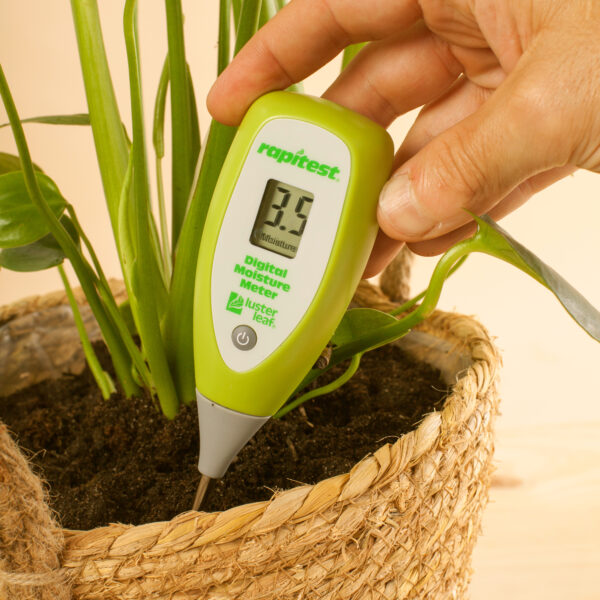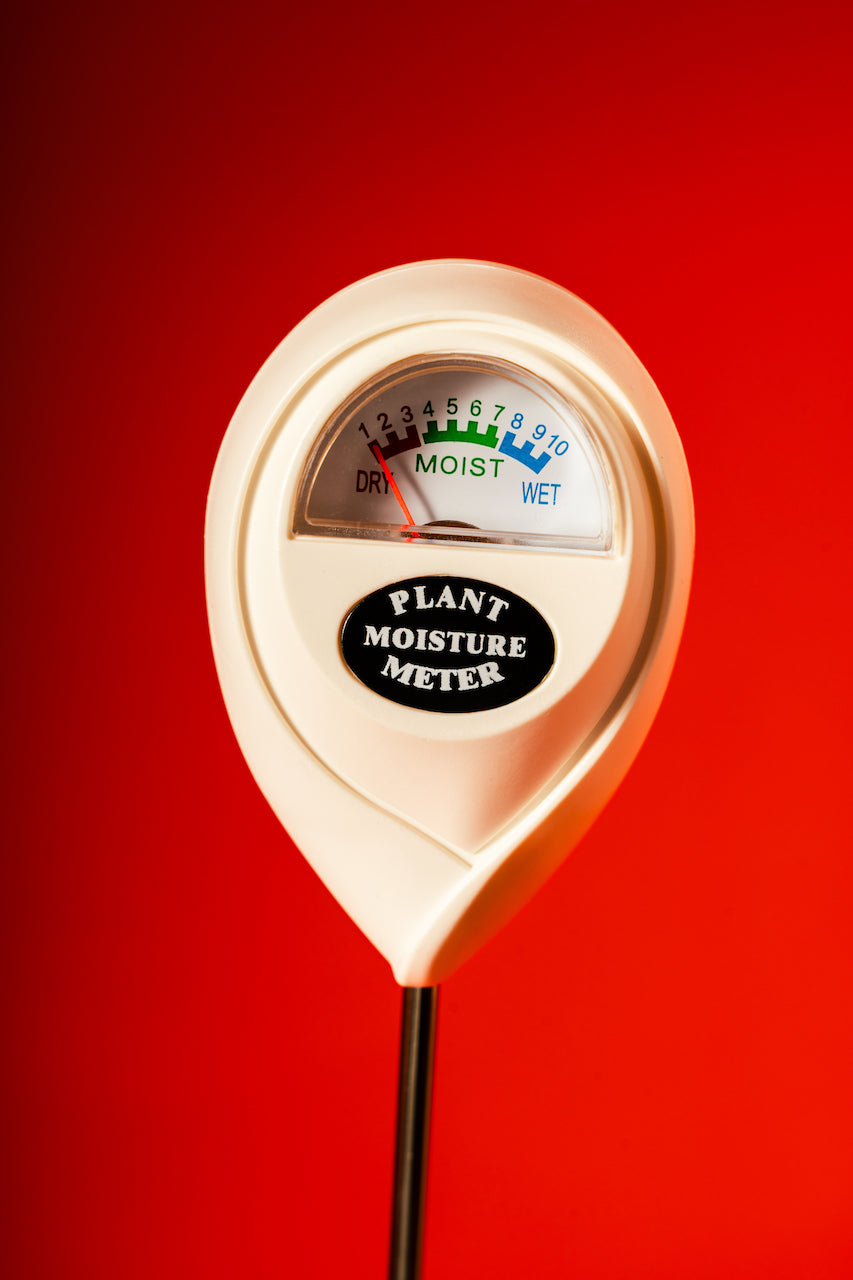Moisture Meter Reviews: Contrasting the most effective Models for Professional and DIY Use
Moisture Meter Reviews: Contrasting the most effective Models for Professional and DIY Use
Blog Article
The Ultimate Guide to Moisture Meters: A Comprehensive Overview and Just How They Can Save You Money
In the realm of structure maintenance, building and construction, and various markets, the relevance of properly measuring wetness degrees can not be overstated. Dampness meters work as vital tools in identifying and keeping an eye on moisture content in materials, assisting in stopping pricey damages and ensuring the top quality of products. Comprehending the subtleties of different types of moisture meters, their applications, and the prospective cost-saving benefits they use can be a game-changer for specialists and services alike. Discovering exactly how these devices can not only simplify procedures yet likewise add to monetary cost savings is a trip worth embarking on.
Sorts Of Moisture Meters
One common type is the pin-type dampness meter, which determines the electrical resistance in between 2 pins placed into a product. Pinless moisture meters, on the other hand, use electromagnetic sensing unit plates to scan a bigger location without triggering damage to the material's surface.
Infrared dampness meters determine the thermal residential properties of a product to identify its dampness web content non-invasively, making them helpful for applications where pin or pinless meters might not be appropriate. Comprehending the various types of wetness meters offered can help industries pick the most proper device for their certain moisture dimension demands.

Advantages of Utilizing Moisture Meters

In addition, utilizing moisture meters can lead to enhanced power effectiveness. By identifying areas with high moisture degrees, such as leaks or poor insulation, changes can be made to boost energy conservation and minimize energy expenses. In farming setups, moisture meters play an important function in maximizing crop returns by enabling farmers to check dirt wetness degrees and make informed watering decisions. In general, the benefits of making use of dampness meters cover throughout numerous markets, offering cost-effective services and advertising much better quality assurance techniques.
Exactly How to Choose the Right Moisture Meter
Picking the appropriate moisture meter involves thinking about crucial aspects such as product compatibility, measurement range, and calibration precision. When choosing a moisture meter, it's necessary to make sure that the meter is suitable for the certain material you will be testing. Various materials have differing electric homes that can impact moisture readings, so selecting a meter made for your material is essential for exact outcomes. Furthermore, consider the dimension series of the dampness meter. Make sure that the meter can detect moisture levels within the variety required for your applications. Calibration accuracy is another crucial factor to remember (Moisture Meter). Opt for a wetness meter with trustworthy calibration to make sure accurate and regular analyses. Some meters might require periodic calibration adjustments, so understanding the calibration procedure Recommended Site is very important. By carefully reviewing these factors, you can pick a dampness meter that fulfills your needs and provides precise wetness measurements for your projects.
Correct Techniques for Moisture Meter Use
To ensure exact moisture analyses and make best use of the effectiveness of a wetness meter, using appropriate methods is important. When using a pin-type moisture meter, his comment is here place the pins or probes into the material being examined up until they make full call. By following these proper strategies, users can rely on their moisture meter to offer credible moisture degrees, helping in stopping costly damages or ensuring quality in different applications.

Price Financial Savings Via Moisture Meter Applications
How can the strategic use of wetness meters lead to substantial expense savings across numerous markets? Wetness meters play an essential duty in cost financial savings by avoiding prospective damages and making certain imp source top quality control in various sectors. In the agriculture sector, moisture meters aid in identifying the ideal time for harvesting plants, avoiding over-drying or excess dampness that can affect the final item's high quality. This accurate monitoring aids farmers stay clear of unnecessary losses and optimize their return.

Furthermore, in the food handling industry, moisture meters are essential for monitoring item quality and guaranteeing compliance with security guidelines. By accurately measuring dampness material in food items, manufacturers can stop spoilage, maintain freshness, and minimize waste, leading to considerable expense financial savings. Overall, the strategic application of dampness meters is a valuable financial investment that can result in significant cost reductions and boosted effectiveness across various sectors.
Final Thought
In final thought, dampness meters are valuable tools for determining and detecting moisture levels in numerous products. By utilizing the ideal dampness meter and following proper methods, customers can effectively avoid expensive problems created by excess moisture.
Moisture meters serve as vital devices in detecting and keeping track of moisture material in products, assisting in protecting against costly damages and guaranteeing the high quality of products. Infrared wetness meters determine the thermal buildings of a product to establish its moisture web content non-invasively, making them useful for applications where pin or pinless meters may not be suitable.Moisture meters offer important advantages in accurately keeping track of and evaluating moisture levels in varied products and settings. In farming settings, moisture meters play an essential role in maximizing plant returns by allowing farmers to keep track of soil dampness degrees and make notified irrigation choices.In verdict, moisture meters are useful tools for measuring and spotting wetness degrees in different materials.
Report this page